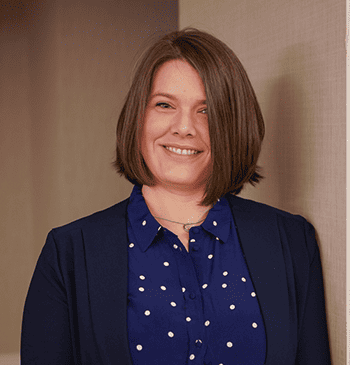
Why Mutual Banks Won’t Sell
Two Massachusetts banks hope to preserve their mutual status for years to come by merging their holding companies now, in an example of how M&A tends to be a different story for mutual institutions.
Newburyport Five Cents Bancorp and Pentucket Bank Holdings recently received board approval to merge into a single holding company. The combined organization, with $2.5 billion in assets, will likely get a new name, Newburyport CEO Lloyd Hamm told a local news outlet. Meanwhile, $1.5 billion Newburyport Five Cents Savings Bank and $947 million Pentucket Bank will maintain their separate brands.
“We definitely want to emphasize it’s not a merger of the banks, and we will likely select a new name for the co-branded holding company,” Hamm told The Daily News in Newburyport. The new organization also plans to change its bylaws in order to make it more difficult for a future leadership team to take the company public. “This is ensuring mutuality for decades to come,” Hamm said.
All employees of the two banks will keep their jobs, and executives intend to invest more in technology, training and talent, and increase charitable giving under the combined holding company. No branch closures are planned as part of the deal.
According to data from S&P Global Market Intelligence, there have been just three combinations of mutual banks in the past five years, including the deal between Newburyport Bank and Pentucket Bank, which was announced in December 2022.
The dearth of mutual bank M&A essentially comes down to numbers: The U.S. had just 449 mutual institutions at the end of 2021, according to the Federal Deposit Insurance Corp., out of 4,839 total banks. In some respects, mutual banks may more closely resemble credit unions than public or privately held banks, though credit unions have been more actively acquiring FDIC-insured institutions, accounting for 56 deals over the past five years. Mutual banks have no shareholders and are effectively owned by their depositors. Any profits they generate are returned to their depositors in some fashion, for example, in the form of lower rates on mortgages. Last year, the FDIC approved the first de novo mutual bank to launch in over 50 years, Walden Mutual in Concord, New Hampshire.
Because mutual banks don’t have shareholders, they don’t need to always focus on the next, most profitable move, says Stan Ragalevsky, who has worked extensively with mutual banks as a partner with K&L Gates in Boston.
“If you’ve been sitting on the board of a small [mutual] bank, you realize there’s a lot of changes going on in banking, but you also think ‘We’re making money. We may not be making 80 basis points, but we’re making 45 basis points,’” Ragalevsky says. “They feel comfortable that they’re doing the right thing.”
Some of those sentiments showed up in Bank Director’s 2023 Bank M&A Survey: 77% of mutual bank executives and directors participating in the survey say they’re open to M&A but focus primarily on organic growth. Just 12% want to be active acquirers, compared to 23% of all respondents.
Furthermore, all of the 20 mutual participants say their bank’s board and management would not be interested in selling within the next five years, compared to 52% overall. When asked why they were unlikely to sell, many refer back to their institution’s mutual status and a wish to maintain an independent banking option in their communities.
Compared with deals involving publicly held banks, mutual bank deals also tend to be driven by the board more than the management, Ragalevsky adds. While board members may be motivated to some degree by personal self interest – retaining a board seat, for example – “there’s also a sense of commitment to the community,” he says.
Additionally, many prospective mutual bank sellers may be constrained by a lack of like-minded buyers. This very reason is partly why $1.4 billion Cooperative Bank of Cape Cod, based in Hyannis, Massachusetts, is unlikely to sell anytime soon, says CEO and Chair Lisa Oliver.
“We don’t sell, because there’s nobody to buy [us]. We’re owned by our depositors in a non-stock kind of way. If anything, it would be a merger for lack of succession planning, if that were really critical,” Oliver says. “But there are plenty of potential candidates that can be hired to become CEOs of a small bank.”
Some also argue that mutuals’ independent streak is, to some degree, woven into their history. Many mutual banks, particularly in the Northeast, trace their roots back over 100 years, when they were initially founded to provide banking services for poor and working class families.
“The mutual bank movement has been one of the greatest, most successful social and business experiments,” Ragalevsky says. “Mutual banks were formed to improve people’s lives – they weren’t formed to make money. They were formed to improve people’s lives, and they’ve done that.”


